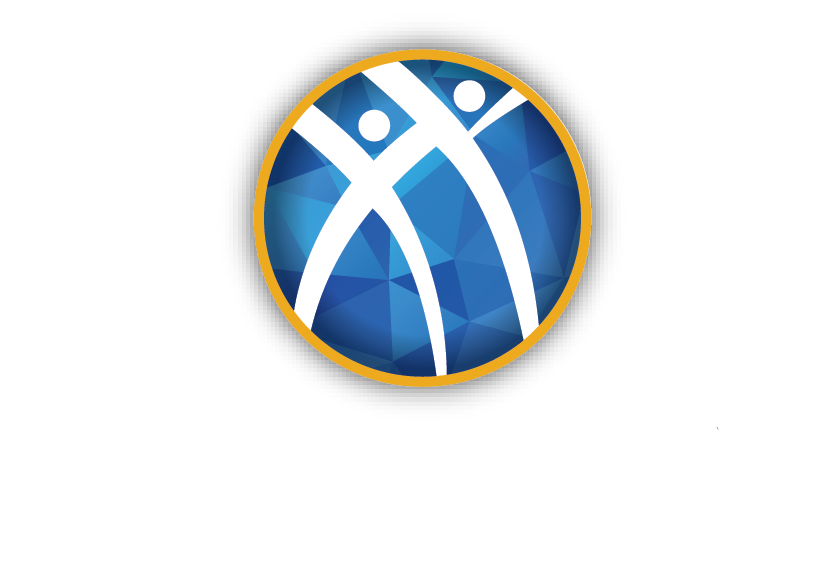Imagine you go to see your doctor about this headache you’ve been having, and he tells you some startling news: “You need brain surgery.”
Your doctor refers you to the best brain surgeon in the country. This guy has an advanced degree, spent seven years in residency and another three years in post-doctoral fellowship training. He’s been board-certified in brain surgery for 20 years and has done hundreds of successful procedures.
You’re understandably nervous (because well, brain surgery), but you’re confident in this surgeon, because with all his education and experience, he must know everything there is to know about brain surgery!
The truth is, even the most experienced, qualified surgeons are always learning. They’re required to complete continuing education credits throughout their entire career just to stay licensed. And with all the advances in technology, they’re constantly being trained on new medical devices and innovations in their field.
The point is, no one is ever done learning — even the most brilliant, accomplished among us. The most successful people are lifelong learners, who know there are always more questions to ask and knowledge to gain. (Also, don’t worry, your brain is probably fine.)









